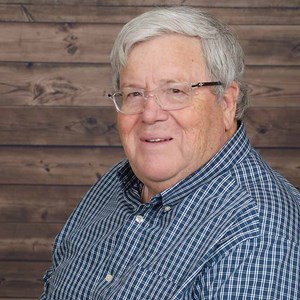Last week, the Palm Beach Post ran a story that indicated Rick Scott thought national windstorm insurance might be the answer to Florida’s looming insurance crisis. Eliot Kleinberg wrote:
Many Florida homeowners live in fear of losing their windstorm insurance. Gov. Rick Scott suggested today that windstorm coverage go the way of flood insurance and become nationalized.
"It would make a lot of sense," Scott said at a start-of-the-season news conference at the National Hurricane Center in Miami-Dade County.
Today, the Post’s Randy Schultz wrote an editorial lauding the idea and explaining that it is not a novel one from a Florida politician.
Former U.S. Rep. Ron Klein proposed such a plan after he was elected in 2006. In an interview Thursday, Mr. Klein said he was “shocked” by the governor’s comments. “I sent out a blast email to all my former staffers who worked on that.” In 2010, before he lost to Allen West, Mr. Klein had met with then-candidate Scott, who dismissed what he now supports. “If (Gov. Scott) truly wants to promote this,” Mr. Klein said, “I will be happy to give him every contact I’ve got.”
Mr. Klein proposed a federally backed, private-market bond program to repay catastrophic insurance claims. The Homeowners Defense Act was a wonkish, market-oriented approach that the bipartisan Florida congressional delegation supported. It got through the House, but never got a hearing in the Senate. The plan would allow repayment of federal disaster aid. Now, when the feds come in, the treasury gets nothing back.
The big losers in such a program would be private, global, unregulated reinsurance companies. They lobbied against Mr. Klein’s bill, and would try to kill any new version. When the private market can’t provide realistically affordable coverage, though, only a private-public approach will work. Even Rick Scott may be coming out his free-market shelter on an issue that means so much to Florida.
Within hours, the Insurance Journal’s Ray Lehmann published a snide response, which made a number of inflammatory attacks on Mr. Schultz, as well as Floridians as a whole:
What Floridians want from the rest of the country, then, isn’t a helping hand out of their vexing problem of uninsurable properties. Rather, it’s a way to continue to enjoy all the benefits of the Sunshine State – the beaches, the warm winters, the lack of state income tax, the proximity to Mickey Mouse and, most of all, the perennial dream of appreciating property values – while sloughing off onto the other 49 states that nasty little business about hurricane risk.
Lehmann faults just about everyone and everything except private insurers for Florida’s “broken and dangerously overexposed state-run insurance and reinsurance programs,” but offers no legitimate response to Klein’s proposition that a national windstorm insurance program which incorporates a federally backed, private-market bond program to repay catastrophic insurance claims would provide vulnerable home and business owners across the country access to affordable and stable windstorm insurance. Nor does he address Schultz’s contention that “big losers in such a program would be private, global, unregulated reinsurance companies. They lobbied against Mr. Klein’s bill, and would try to kill any new version.”
Lehman explained the insurance industry would be “disappointed” that Scott, who has profited immensely from the insurance industry, would even consider a profitable government run solution.
While we wouldn’t be that surprised to see Scott follow his predecessors, we would be disappointed. It would mark an abrogation of leadership and an abandonment of the principles he has pledged guide his decisions.



